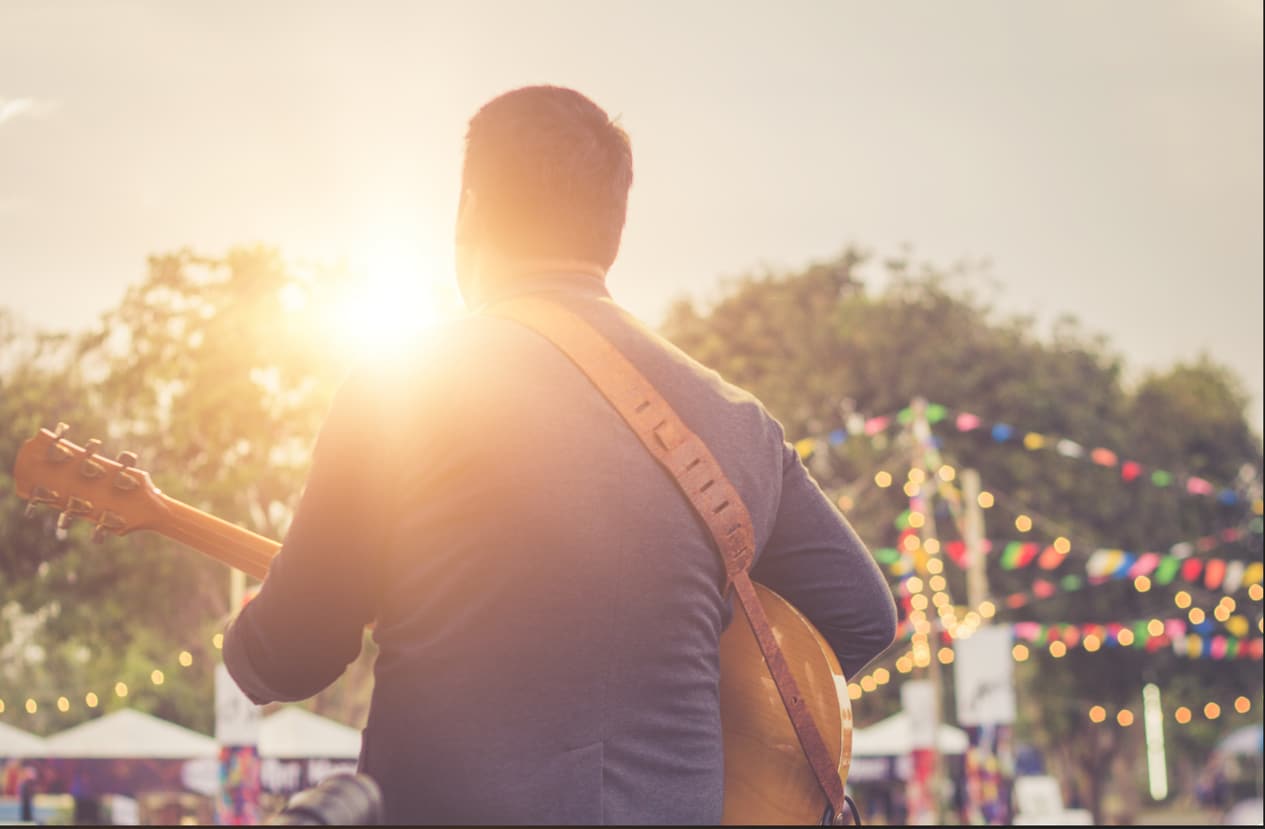The weather’s getting warmer, and the days are getting longer, which makes it the perfect time to get outside and have some summer fun. However, certain outdoor activities may put your hearing at risk.
Let’s take a closer look at how to protect your hearing while spending time outdoors.
How Loud Noises Cause Hearing Loss

Exposure to loud noise is one of the leading causes of hearing loss, and it can affect people of all ages.
The Centers for Disease Control and Prevention (CDC) reports that “An estimated 12.5% of children and adolescents aged 6–19 years (approximately 5.2 million) and 17% of adults aged 20–69 years (approximately 26 million) have suffered permanent damage to their hearing from excessive exposure to noise.”
Regular or prolonged exposure to sounds at or above 85 decibels (dB) can lead to noise-induced hearing loss. The louder or more intense the noise, the less time it takes for hearing loss to occur. Exposure to these sounds can damage the hair cells of your inner ear. These cells help your brain process sounds, and when they are damaged, they cannot be repaired. Losing enough of these cells will lead to permanent hearing loss.
Outdoor Activities That Can Harm Your Hearing
Several popular outdoor activities can reach volumes that can damage your hearing. These include but are not limited to:
- Outdoor music festivals like the Summer Concert Series at President’s Park in Edgewood
- Live sporting events
- Hunting or shooting
- Engine sounds from jet skis or ATVs
- Fireworks
Additionally, some outdoor household tasks like mowing the lawn or blowing leaves can also put your hearing at risk.
Protect Your Hearing Outside
You don’t have to miss out on your favorite outdoor activities to prevent noise-induced hearing loss; you need to take the proper steps to prioritize your hearing health.
- Take breaks. Make sure you have quiet time in between any loud outdoor activities. It’s not just the intensity of the noise that can lead to hearing issues but the duration of exposure as well.
- Move away from the sound. If you’re at an outdoor music event or sporting event, try to sit away from the speakers and take trips to quieter areas like the concession stand or restroom to give your ears a rest.
- Use hearing protection. Hearing protection like earplugs, earmuffs and custom earmolds can all work to reduce noise levels while still letting you hear what you need to hear. If you are unsure of what type of protection is right for you, discuss your options with your medical provider or a hearing health specialist.
- Get a hearing test. If you are experiencing any signs of hearing loss, schedule an appointment for a hearing test. You’ll have better hearing outcomes and help protect your ears from additional damage the earlier you treat your hearing loss with hearing aids or other listening devices.
To learn more about how to protect your hearing this summer, call Certified Hearing Aid Consultants and schedule an appointment today.